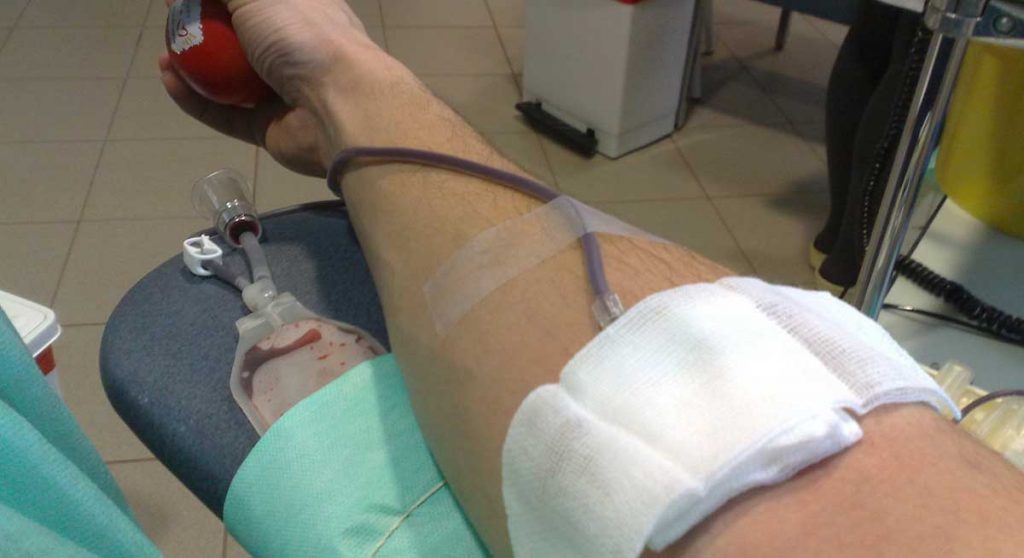A blood transfusion service in the United Kingdom has apologized for turning away several Indian-origin donors during a blood collection drive last year. The event was organized by the Indian community, but 120 members were refused the opportunity to give blood by the Northern Ireland Blood Transfusion Service (NIBTS).
“NIBTS fully accepts and apologizes for the upset and inconvenience caused to those who attended the session and were unable to donate,” the organization said on Tuesday, saying there had been a “breakdown in communications” during the 2016 event, BBC reported. The statement said that the error was caused by confusion regarding “travel criteria for donors”, and added that “lessons learnt have been disseminated across the organization to the relevant staff”, according to the report.
High Risk for Malaria
Dr Umesh Vijayam, who helped organize the event, told the publication that potential donors were asked if they had taken a malaria test since they were from India, a country considered to carry a high risk for malaria.
“They didn’t check our passport to see if we were an Indian citizen or a British citizen. They just looked at our face,” Surendran Varma, who was also one of the organizers, was quoted as saying. “They never checked if you had travelled to India, it was just a blanket ‘no’.”
Calling the incident “really shocking and embarrassing”, Varma said, “Initially it was annoying, why did they not communicate with us what was needed?” He then called his friends who were on their way and told them not to come. He recalled that that many people had even taken half day leave from work to take part in the campaign, and that a celebration meal was planned for the gathering after the event.
Vijayam said people had travelled from as far away as Londonderry, Bangor and Newry to participate in the blood donation drive.
‘Problems Should be Assessed’
A copy of an internal report and staff e-mails from the NIBTS, obtained by the BBC through a freedom of information request shows, former donor services manager Charles Kinney and organizations medical director Kathryn Maguire highlighting that potential problems should have been assessed ahead of the event by the organization. The news organization reported that a NIBTS spokesperson claimed all donors were assessed individually and some Malarial Antibody Tests (MAT) were taken.
The criteria for Indian people to donate blood specify that if the donor was born in India and spent a minimum of six months in the country, a Malarial Antibody Test will be required, and that if the person has never been a resident, i.e. just a visitor, the Geographical Disease Risk Index (GDRI) will be referred to in order to assess risk. If the potential donor had returned from a malaria-endemic area between the last four and 12 months, a validated test for malarial antibody must be performed.
